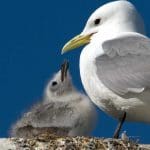Fritt Fram!
Come to an exciting lecture at Fritt Fram on October 2 in connection with the Research Days 2021!
Carte blanche! is open to everyone, and there is free admission with us between 10.00 and 14.00. If you want to secure a ticket for one of the lectures, you can reserve a ticket via hoopla. If you want to go to more lectures, you must order a new ticket. See link under each event.
Book tickets here: Polaria | See events and buy tickets | Hoopla
War and peace in the kelp forest 
In nature, there is a constant war between different species, such as catfish against sea urchins and sea urchins against kelp. The species fight and fight over food, for space, for sunlight or they fight to avoid being eaten. But, did you know that this war is necessary so that there will not be too many of some species or too few of others? Animals and plants in an ecosystem depend on other species and the surrounding environment for them to be well - for them to get food, have babies and not be eaten.
Lecture by Sanna Matsson and Trude Borch, researchers at Akvaplan level.
Venue: Classrooms at 11.00 and 12.30.
Tickets can be ordered here: War and peace in the kelp forest 11:00 - 02.10.2021 | Polaria | Buy tickets | Hoopla
Tickets can be ordered here: War and peace in the kelp forest 12:30 - 02.10.2021 | Polaria | Buy tickets | Hoopla
What animals and plants are found on the seabed?
Researchers are increasingly using underwater cameras to map different animals that live on the seabed and to study how different activities such as sewage from the population, salmon farming or a port development affect the seabed and the animals that live there. Students at Kongsbakken upper secondary school have been given access to hours of video recordings that researchers have taken of the seabed in the north, and have produced beautiful small videos that they will show on Fritt Fram.
Lecture by Kathy Dunlop, researcher at the Institute of Marine Research, Trude Borch, researcher at Akvaplan-niva and students from Kongsbakken upper secondary school in the cinema hall at 11.30.
Tickets can be ordered here: What animals and plants are found on the seabed? 11:30 - 02.10.2021 | Polaria | Buy tickets | Hoopla
The city gull, friend or foe?
Building after building is occupied by them, and not everyone welcomes them. Others think the crutches are nice immigrants in Tromsø.
But why do they come here? What do the researchers think is necessary for the crutch and the people to be able to share the city we live in?
Tone Kristin Reiertsen works as a researcher at the Norwegian Institute for Natural Research and is one of those who knows a lot about the subject.
Lecture in the cinema hall at 12.00.
Ticket ordered here: Bymåsen, friend or foe? 12:00 - 02.10.2021 | Polaria | Buy tickets | Hoopla
Plastic and other drama in the Arctic Ocean
The oceans are flooded with plastic, and it is we humans who throw the plastic into the sea. We still know too little about how plastic harms animals and humans, and we need much more knowledge about it, and therefore we need scientists! Scientists investigate cases and things that we wonder, they are like detectives!
Meet plastic researcher Stine Charlotte Benjaminsen from the Norwegian Polar Institute who tells how she and colleagues try to find answers to questions about plastic in the sea. She gets help from the polar recruits Malin Kvaal Bergland and Øyvor Gjerde, who are both 16 years old, and who have been with researchers at work on Svalbard. We hear what the polar recruits think about the plastic problem and what should be done so that less plastic ends up in nature.
Lecture in the cinema hall at 13.00.
Tickets can be ordered here: Plastic and other drama in the Arctic Ocean 13:00 - 02.10.2021 | Polaria | Buy tickets | Hoopla
The climate crisis - The greenest solution you have in the garden
There is currently a lot of talk about climate change and how we can limit it. Most attention is paid to greenhouse gas emissions such as carbon dioxide, for example through the combustion of coal, oil and gas. Almost as important, however, is the question of how we get the surplus of these gases out of the atmosphere again. We already have the solution to that problem, and this is not about high technology.
Senior researcher Georg Hansen at NILU - Norwegian Institute for Air Research tells how each of us who own or have access to a garden or plot of land can contribute to tackling one of the biggest challenges of our time.
The cinema hall at 13.30, no ticket reservation.







